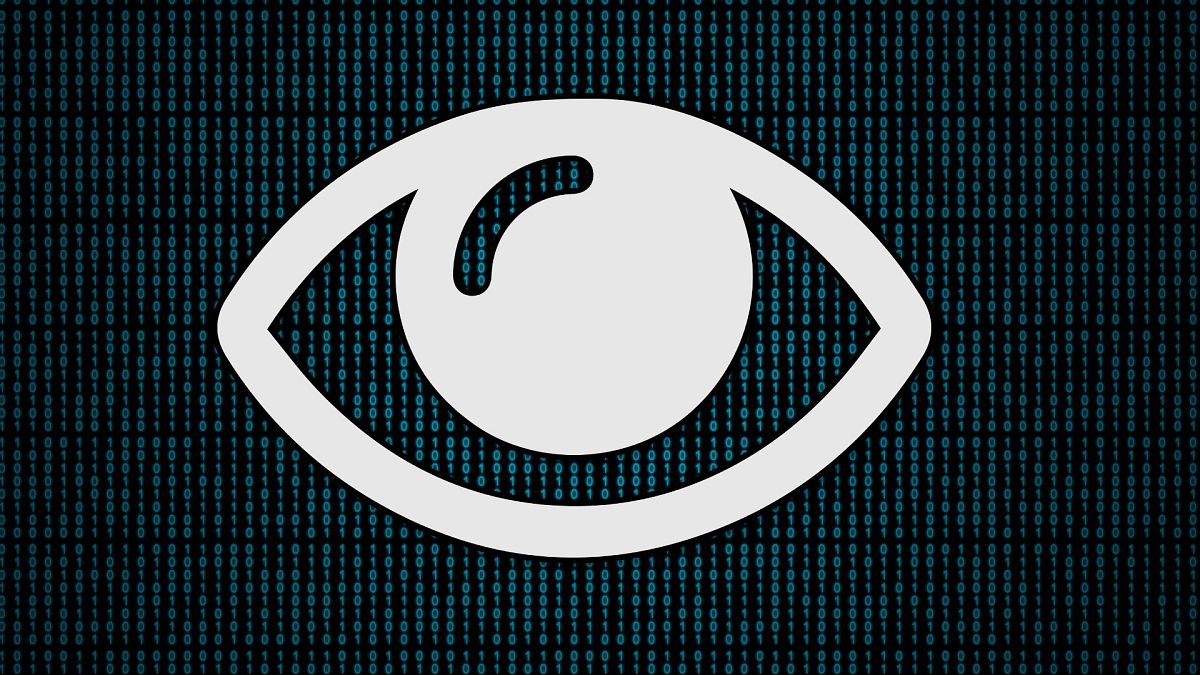Big Brother has returned, but why has the show made a comeback – and how does it reflect on how European watching behaviour has changed?
Big Brother is set to return to British television, five years after being axed by both Channel 4 and Channel 5, following a slump in viewership.
The announcement made earlier this week during the final of Love Island – a similar popular reality show – blared that Big Brother would make its return in 2023 on ITV2 and the new streaming platform ITVX, with a new cast full of “carefully selected housemates from all walks of life”.
This merry band will live for up to six weeks in the famous Big Brother home, renovated with a “contemporary new look”, as the public watches on via the house’s network of surveillance cameras.
The influential reality TV show aired for 18 years in the UK, first launching in 2000.
But why has the show made a comeback? And how does it reflect on how European watching is changing post-pandemic?
Television mirrors society
Dr Jess Martin, from the University of Leeds School of Sociology and Social Policy, argues that the return of the series, as well as the ongoing popularity of reality TV, signifies the genre's “cultural significance in the UK media landscape.”
“Once seen as a niche genre, [reality television] is now very much mainstream, and the proliferation of new formats is a testament to its popularity,” Martin told Euronews.
Dr Gareth Longstaff, lecturer of Media and Cultural studies at Newcastle University, goes as far to argue that television itself “holds up mirror back to the society it's broadcasting to” – something that is “particularly the case regarding the relaunch of Big Brother”.
“It’s a very strategic thing, particularly post-COVID, given that people have been in lockdown in domestic spaces – people have been cabin feverish. I think a lot of people have experienced that,” he told Euronews.
“Our viewing habits reflect on who we are and what we’re experiencing: austerity, the cost of living crisis, Brexit – all of these elements shape what we do as individuals collectively,” Longstaff continued.
However, there are other aspects of Big Brother, in particular, which make it so successful.
Dr Sharon Coen, lecturer in Psychology at Salford University, suggests that Big Brother’s cast adds to the show's appeal.
Unlike its rivals, like Love Island, which tends to have strict and selective casting methods, Big Brother offers anyone the chance to become a star. Coen argues this is a deliberate casting process that “makes us feel television-worthy”.
“This is one of the main reasons people are drawn to these shows,” Coen told Euronews. “There tends to be an enjoyment of seeing everyday people – their lives and experiences through the programme.”
The reality of reality TV
Given this indisputable rise in popularity across Europe, what effect does reality TV have on its inhabitants – and ourselves?
Reality TV can often feel archaic, insensitive and in worse cases, inhumane. Contestants are often faced with public humiliation, amplified by the element of public voting.
While not everyone who participates in reality television shows is harmed by the experience, others are. In extreme cases, this can even lead to contestants sadly taking their own life – such as Love Island’s Sophie Gradon, Mike Thalassitis and Caroline Flack.
These deaths have prompted calls for producers of the TV show to take more care of their stars and identify mental health issues that occur in the celebrity spotlight. As Longstaff highlights, while these scenarios are the extreme end of the spectrum, “the psychological harm that [reality TV] may cause happens in really quite complex ways.”
“It’s important for journalists to not cause moral panic on issues like these,” Coen noted. “Whenever we see a new medium, or in this case old medium that's revamped, you will always find people who are critical or worried. There are also others who see what good can come from this experience.”
For example, Martin highlights that Big Brother is “one of the few arenas of TV where we still see a range of regional accents and contestants from a variety of different race and class backgrounds, against the backdrop of a TV industry dominated by white and privately educated participants.”
“That being said, shows like Love Island and even earlier iterations of Big Brother demonstrate how reality TV can be an arena for existing inequalities and prejudices to be reproduced, and audiences will be intrigued to see how Big Brother negotiates these tensions.”
The tabloidization of culture
Dr Longstaff highlights that the rise in reality TV over the recent years indicates a broader shift in our public psyche – caused by our “highly tabloidized culture and amplified by sensational media from tabloid television and newspapers.”
This is not just isolated to the UK either. “We live in a global, connected culture,” Longstaff added. “I’ve spoken to a couple of international publications in the last few years, particularly in the Netherlands and in Spain, and this tabloidization is everywhere.”
“I think there’s a Eurocentric but also a global trend towards wanting the banal, wanting the ordinary, wanting the boring to be sensational and spectacular.”
It’s uncertain whether the newest relaunch of Big Brother will learn from previous mistakes. On one hand, this could be seen as an opportunity for the genre to shake up the status quo, to introduce a more gentle and humane approach to reality TV.
Similar versions of Big Brother across Europe have also seen relaunches: the Dutch Big Brother returned after 14 years in 2021 and Germany rebooted its series in 2020 after a five-year break.
It’s clear, however, that this news isn’t a coincidence – it indicates a change in our relationship with television and our culture as a whole. Whether it's caused by the cost of living crisis, pandemic-induced lockdowns or our addiction to social media, it seems reality television is making a comeback – bigger than ever.



